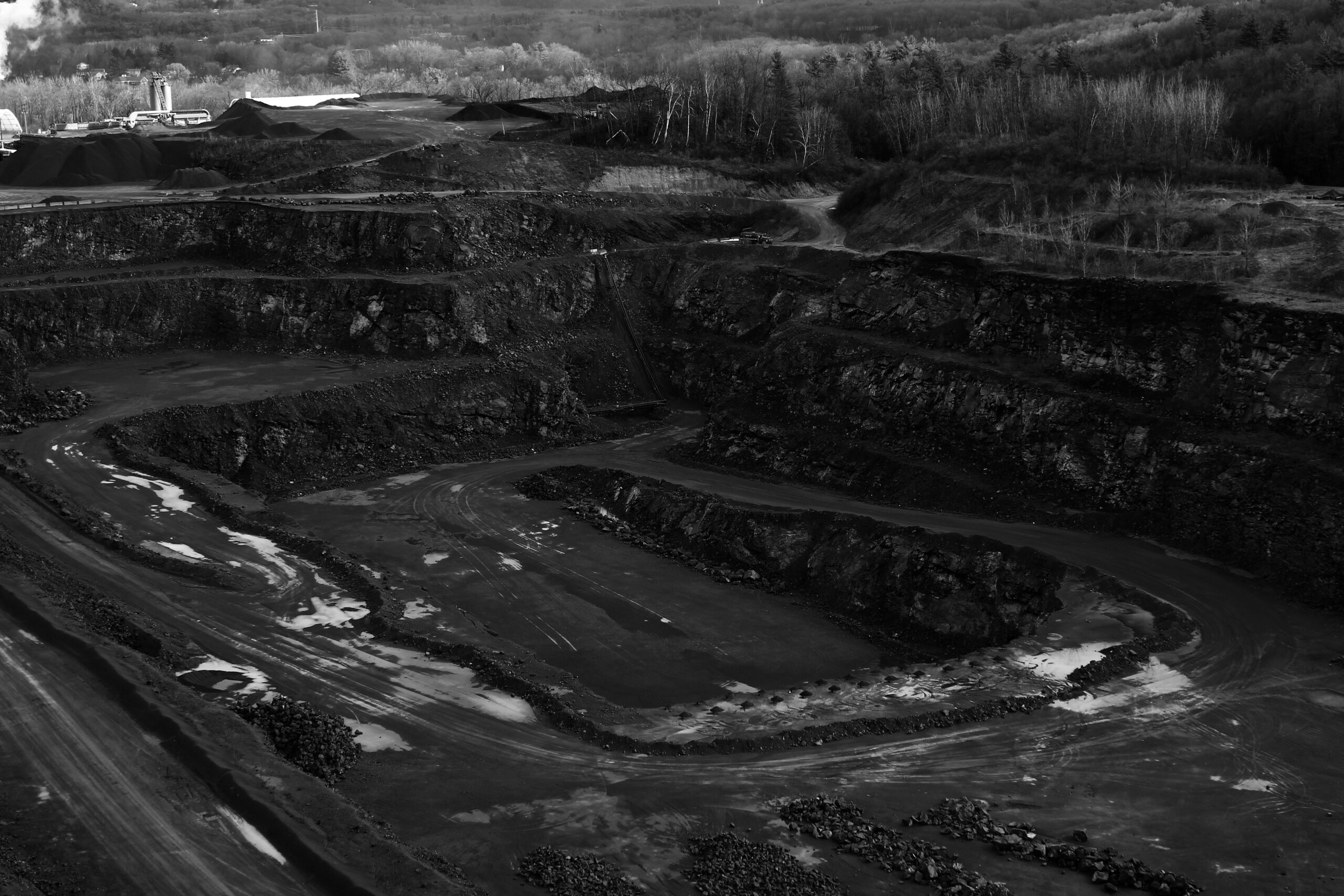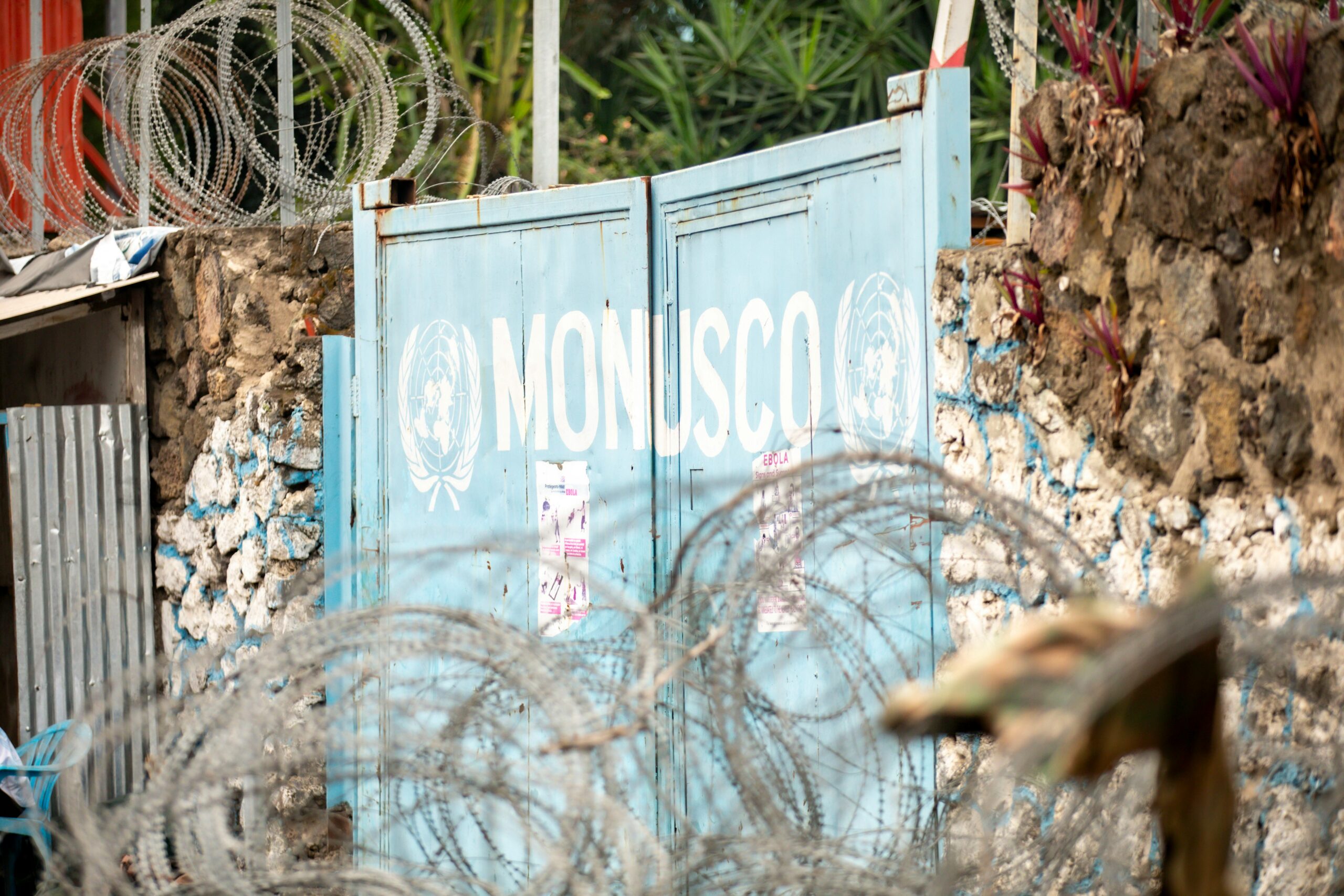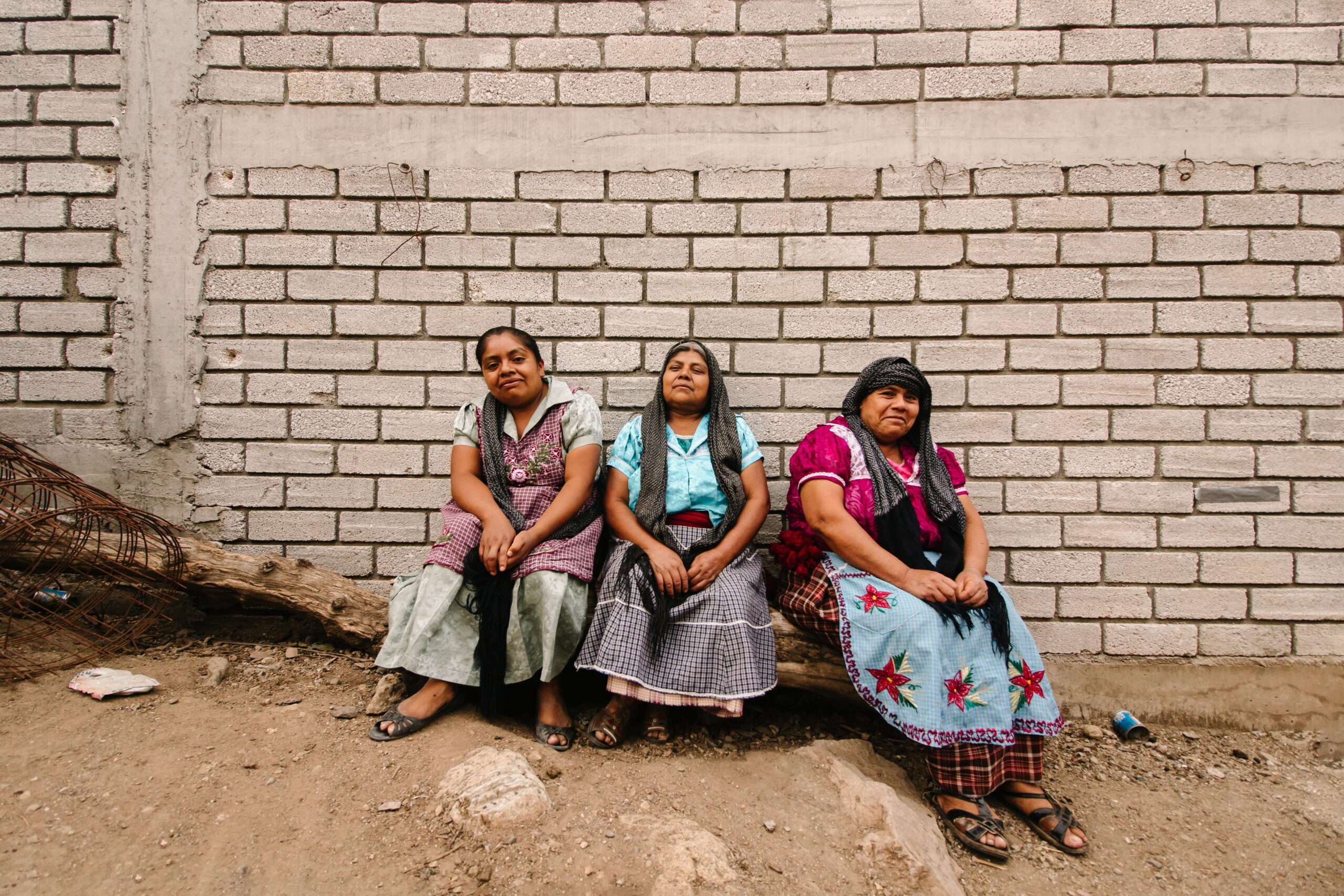By Ellen Archer
After continuously alarming reports about climate change, many countries now talk about the need for action. With the transport sector accounting for one-fifth, a call for greener fuels has arisen. As of March 2023, the European Parliament adopted the zero-CO2 emission regulation prohibiting the sales of cars and vans that aren’t running on 100% CO2-neutral fuels by 2035, with a certain reference to moving towards e-fuels. Electric vehicles (EV) have grown in popularity over the last couple of years, with manufacturers like Tesla and BYD being two of the biggest corporations on the market. Within the transport sector, electric vehicles are seen as the future for a green transition away from fossil fuels.
However, the reality of this green transition is not as pretty as European politicians and EV corporations make it out to be. Multiple news media have reported about the actual conditions for the miners of important materials used to produce EVs. In 2020, the Democratic Republic of Congo accounted for 70% of the mining of cobalt, a crucial part of batteries in electric vehicles. This impacts the communities living in the areas of the mines negatively. Furthermore, the Congolese miners often work with poor wages and under hazardous conditions. In some cases, the miners, especially the young ones, have died due to the extreme work environments. At one mine, dozens of workers operating one certain machine had all seen a doctor for the same injury in their back, making it impossible for them to sleep, let alone work. Often the workers go to work with their injuries for years just so they do not lose any money needed to provide for their families. One miner with a different injury told the Washington Post that he had to see a doctor and when he got back, he was fired, and his salary of $150 for the last month was withheld. He tried suing for damages but with no result. Being broke, he could not afford formula for his baby, who later died.
This, unfortunately, is not a unique story, neither for this man and his family, nor for the Congolese workers. In many countries – especially in the Global South – people work hard under disastrous conditions to produce important elements for electric vehicles. Another example is the lithium extraction in Chile which affects especially areas important to the indigenous population. The Global North is once again trying to buy itself out of a crisis and profiting off the land and the people in the Global South to do so. Bhambra and Newell (2022)describe this phenomenon as follows:
“It is not simply a capitalist world that colonialism had facilitated through ‘primitive accumulation’, but a world in which colonialism is continuous with the reproduction of capitalism.”
There is an ongoing discussion on climate coloniality and how colonialism and capitalism are closely intertwined. For centuries, the Global North has made use of resources in the Global South. Today this is done under the banner of a green transition, but it is nothing other than climate coloniality which is perpetuated through different forms of land and water grabs. Rare earth mineral mining is seen as one of the ways in which climate coloniality presents itself, which is the case in the Democratic Republic of Congo. As Sultana (2022) notes:
“The territorialization of dispossessions of colonialism has endurance in governance structures and political framings. At the same time, fossil fuel capitalism promotes capitalist consumption through the creation of development ideologies and desires of Western-style hyper-consumption in development subjectivities across the Global South.”
Consequently, this climate coloniality is upheld not only by a (western) nation-wide policy-making – like the one presented by the EU, but also by the multi-billion corporations such as Tesla, driven by influential men from the Global North.
Climate change is no doubt a difficult challenge to combat and moving forward, important decisions have to be made. However, this change cannot come about by paying workers – such as the Congolese miners – poor wages and letting them die due to hazardous working conditions. It will not come about by upholding colonial structures – it will come through dismantling antiquated systems where some people are deemed more important than others. In the end, climate change will not differentiate between people, and neither should we.
*Cover image by Lachlan




